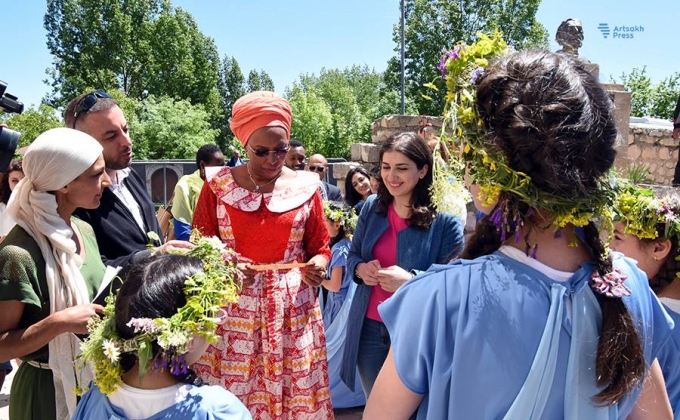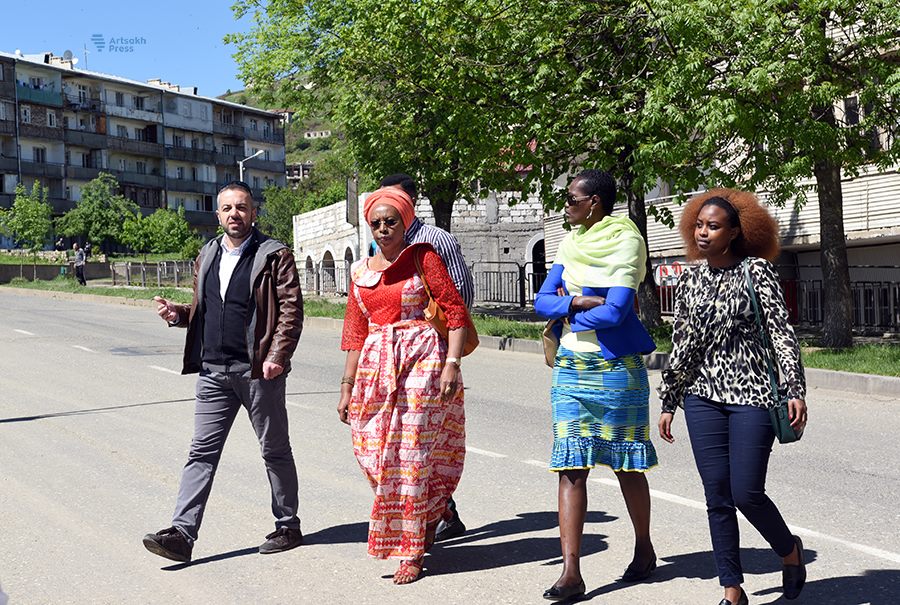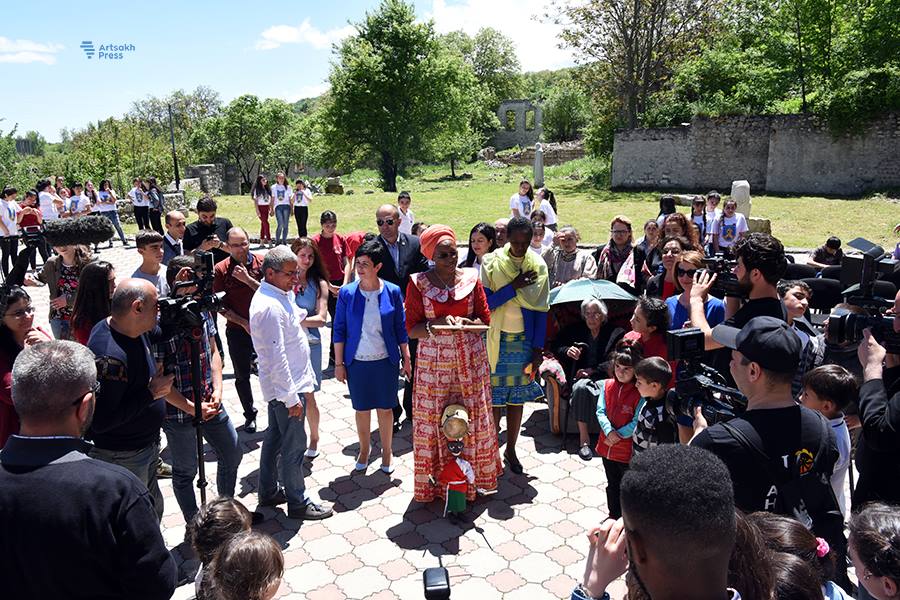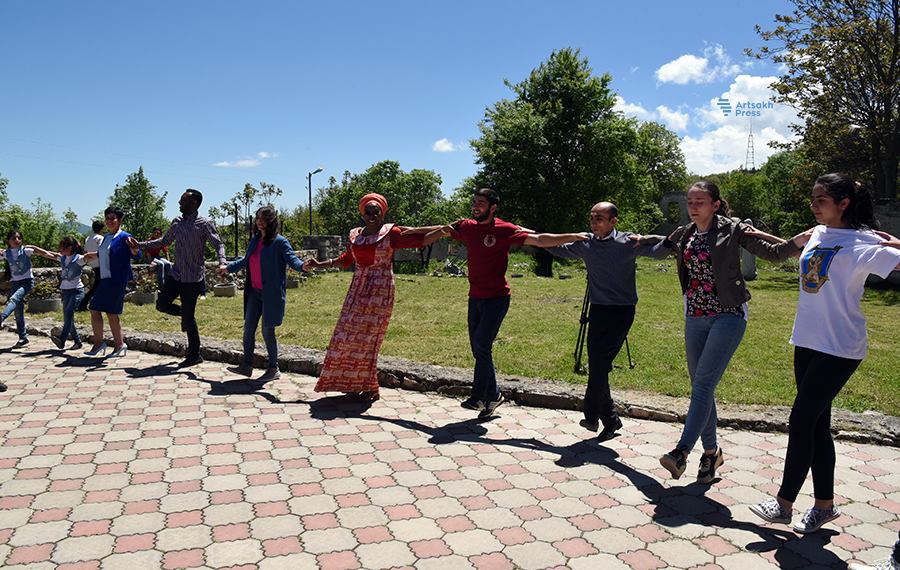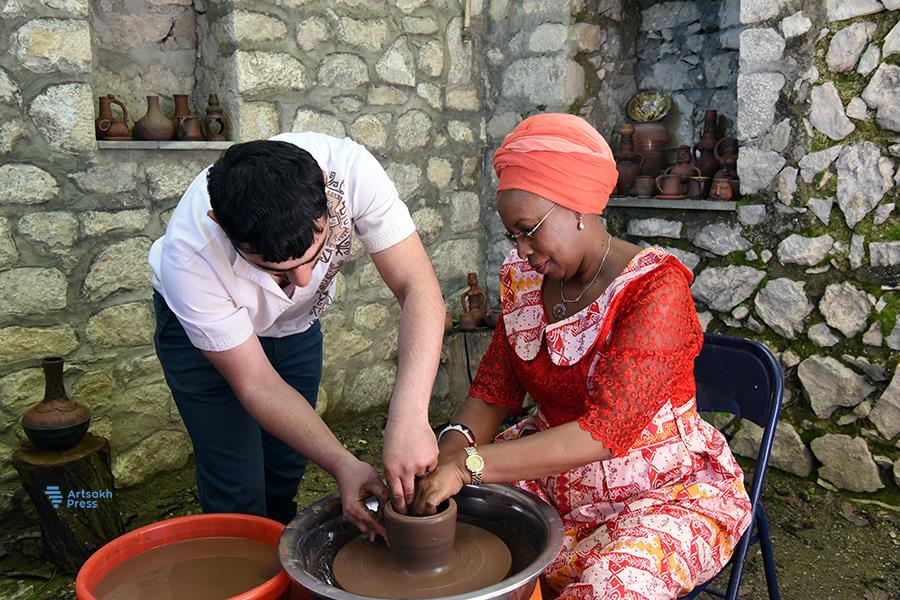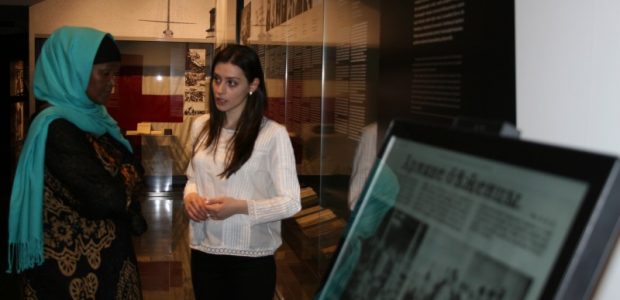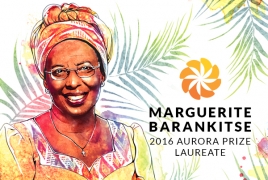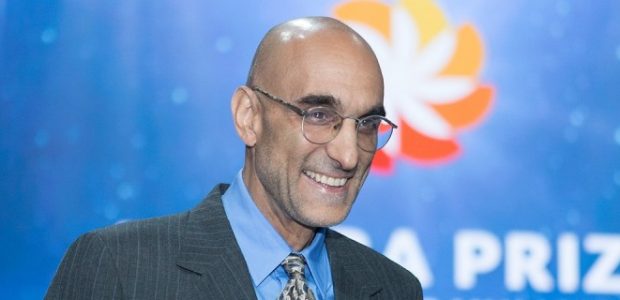- By Paul W. Barada Guest Columnist
- May 18, 2017
This week I’m gong to write about a little-known subject that deserves to be remembered. It took place in the area now known as Turkey, which is just north of Syria and west of Iran. Turkey is just across the Aegean Sea from Greece. It is bounded on the north by the Black Sea and on the south by the Mediterranean Sea. In other words, Turkey provides the connection between Europe and the Middle East.
Just about 100 years ago, the land now called Turkey was part of the Ottoman Empire. The Ottoman Empire was founded at the end of the thirteenth century. The Empire reached its zenith under Suleiman the Magnificent in the 16th century when it stretched from the Persian Gulf in the east to Hungary in the northwest; and from Egypt in the south to the Caucasus in the north. The empire came to an end in the aftermath of its defeat by the Allies in World War I. The empire was dismantled by the Allies after the war ended in 1918.
Within this area of the world there also lived people known as Armenians. They are an ethnic group of people that, today, have their own country just east of Turkey and surrounded on the north by Georgia, on the east by Azerbaijan, and on the south by Iran. Back during the days of World War I, however, the Armenians were part of the Ottoman Empire. The essential difference between the Armenians and the rest of the Ottoman Empire was that the Armenians were Christians living in the midst of a Muslim state.
On April 24, 1915 Ottoman authorities started rounding up, arresting, and deporting approximately 250 Armenian intellectuals and community leaders from Constantinople to Ankara, the majority of whom were eventually murdered. Further killings were carried out by the Ottoman government during and after World War I and implemented in two phases: the wholesale killing of the able-bodied male population through massacre and subjection of army conscripts to forced labor, followed by the deportation of women, children, the elderly, and the infirm on death marches leading to the Syrian desert. Driven forward by military escorts, the deportees were deprived of food and water and subjected to periodic robbery, rape, and massacre. During the period between 1915 and 1923 approximately 1.5 million Christian Armenians were murdered. This mass killing was referred to either as the Armenian Genocide or the Armenian Holocaust.
The Armenian Genocide is acknowledged to have been one of the first modern genocides, because scholars point to the organized manner in which the killings were carried out in order to eliminate the Armenians, and it is the second most-studied case of genocide after The Holocaust carried out by the Nazis against the Jews of Europe.
Here’s what The New York Times reported in August 1916, “The witnesses have seen thousands of deported Armenians under tents in the open, in caravans on the march, descending the river in boats and in all phases of their miserable life. Only in a few places does the Government issue any rations, and those are quite insufficient. The people, therefore, themselves are forced to satisfy their hunger with food begged in that scanty land or found in the parched fields.
Naturally, the death rate from starvation and sickness is very high and is increased by the brutal treatment of the authorities, whose bearing toward the exiles as they are being driven back and forth over the desert is not unlike that of slave drivers. With few exceptions no shelter of any kind is provided and the people coming from a cold climate are left under the scorching desert sun without food and water. Temporary relief can only be obtained by the few able to pay officials.”
In a report by Lt. Hasan Maruf of the Ottoman army, written in 1918, he describes how some of Armenians were destroyed, the population of a “village were taken all together and then burned.” In another repot it was stated that “The shortest method for disposing of the women and children concentrated in the various camps was to burn them.” In another report, the American consul wrote, “Many of the children were loaded into boats and taken out to sea and thrown overboard.” The Italian consul in 1915, Giacomo Gorrini, wrote: “I saw thousands of innocent women and children placed on boats which were capsized in the Black Sea.” Other Armenians were given Morphine overdoses, typhoid inoculations, or exposed to toxic gas.
What is the point of the foregoing graphic description of the systematic destruction of the Armenian people? More than anything else to drive home the point that genocide is not a new phenomenon. Man’s inhumanity to man is a tragic commentary on how barbaric mankind can be. Just prior to the start of the organized destruction of the Jews by the Nazis prior to and during World War II – as a matter of government policy – was done because, as Hitler himself remarked, “I put ready my Death’s Head units, with the order to kill without pity or mercy all men, women, and children of the Polish race or language. Only thus will we gain the living space that we need. Who still talks nowadays of the extermination of the Armenians?”
Who, indeed, still talks about the extermination of the Armenians? One million five hundred thousand souls were systematically murdered during and after World War I and few today have even heard about it. The point is, thought ought to.
That’s –30—for this week.






